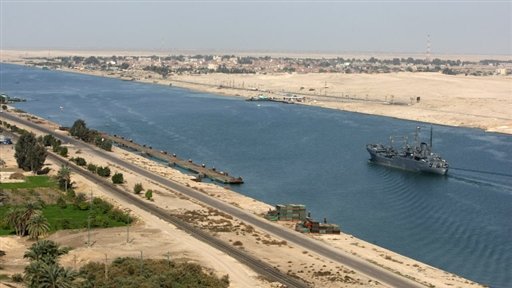By Alya Essam
The first diplomatic visit made by Egypt first post-revolution President Mohamed Morsy has raised several question marks around Egypt’s foreign policy after the ascension of the Muslim Brotherhood to the presidential palace. For various reasons pertaining to Egypt’s top national interests and national security considerations many expected the first presidential trip to be directed towards the Nile headwaters.
Morsy’s visit to Saudi Arabia, the longstanding ally of Mubarak’s regime, whose monarchs have regarded Egypt’s revolution as an alarming threat to their rule, appeared to be inconsistent with the foreign policy expected from a president who claimed to be the guardian of the revolution, and the servant of all Egyptians alike, regardless of their political or religious affiliation.
Whether Morsy has deliberately wished it or not, his visit to Saudi Arabia, the largest Gulf state, at a time of economic difficulty, has reinstated the pre-revolution,Mubarakhabit of rushing towards Gulf riches as a first resort to counteract economic crises.Moreover, to many of the Muslim Brotherhood’s critiques, Morsy’s choice of the kingdom as his first destination after assuming power has further ascertained their doubts regarding the true intents of the Muslim Brothers and their intent to seek support for their narrow partisan objectives at the expense of Egypt’s national interests.
Recalling the historical ties between the House of Saud and the Muslim Brotherhood, which reached their peak during the presidency of late Gamal Abdel-Nasser, Morsy’s trip to the Islamic holy land marked to many liberalists a symbolic institutionalisation of the Muslim Brotherhood’s allegiance with the Saudi royal family. This allegiance alone has revealed the extent to which the brotherhood can go in defiance of the revolution’s principles to reinforce the successes they achieved on the Egyptian political sphere.
Putting the Middle East region under examination,some analysts speculate that the ‘New Middle East’ is being formed and is now on its way to consisting of a mass Sunni block which can counteract the growing Shiite tides represented by Iran and its regional proxies. Such speculations lend credibility to arguments that the Arab Spring has been an American plan to create a Sunni block and use the examples of Morocco, Tunisia, Egypt, and Syria as proof of thetheory. Surprisingly Morsy’s visit to Saudi Arabia has further ascertained these conspiracy theories, by opening the doors wide for commentators to draw conclusions regarding Egypt’s future regional roles.
It would have been much wiser had the president and the Muslim Brotherhood, represented by the Freedom and Justice Party, accurately arranged Egypt’s foreign policy priorities and acted to serve such priorities consistently. The first foreign presidential visit has further divided domestic opinion in lieu of offering an opportunity to unify the nation over a common cause.
The crisis of the Nile headwaters is an outright survival challenge for Egypt,especially in light of Mubarak’s regime failures to befriend the Nile Basin governments, and in view of the separation of Southern Sudan and the growing Israeli economic influence in Kenya, Uganda, and Ethiopia. Morsy and the Muslim Brotherhood Society have certainly missed a golden opportunity to prove some political correctness and gain mass internal support by prioritising the Gulf over the Great Lakes.


